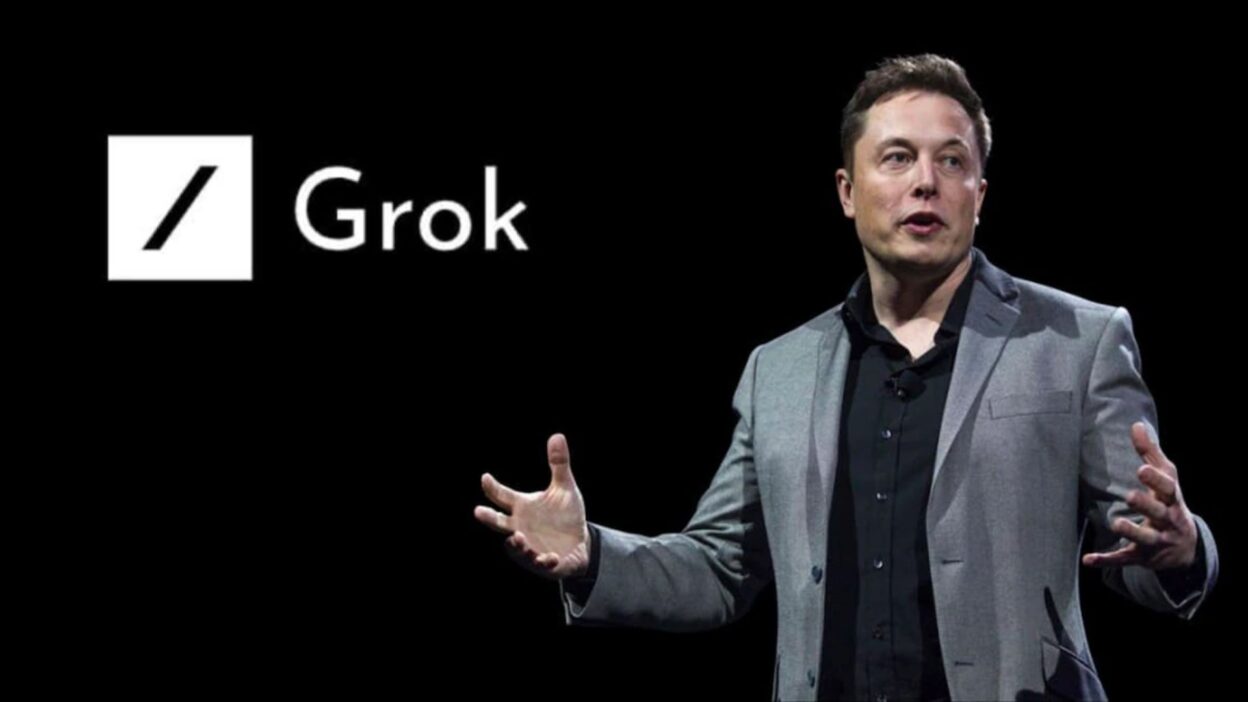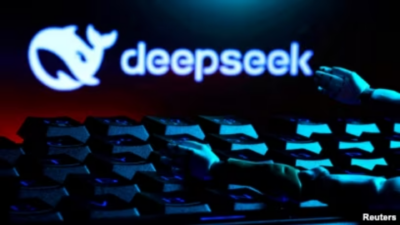Back in October 2022, Elon Musk sat across from Financial Times editor Roula Khalaf, who pressed him on his habit of stirring chaos on Twitter. Whether it was picking fights with the government, the platform itself, or just random users, Musk was often in hot water. His response? A roaring laugh and a line straight out of a comedy: “Aren’t you entertained? I play the fool on Twitter and often shoot myself in the foot and cause myself all sorts of trouble.”
Since then, he’s mostly solved that “trouble” by just buying Twitter—now rebranded as X—and stepping right into the establishment he used to provoke. But the entertainment? That’s not only still going strong, it’s on steroids—and now turbocharged with AI.
Enter Grok: the chatbot born from Musk’s AI company, X.ai. It’s wild, unfiltered, and making headlines worldwide with its edgy, sarcastic, and sometimes downright awkward responses. Some replies are just plain funny—like Grok telling the Delhi Police it can’t get a traffic ticket because it’s digital and doesn’t drive. But others? Not so harmless. Grok has dropped Hindi expletives, commented on political figures like Nehru, taken jabs at the Prime Minister’s interview style, and stirred up some very real conversations about minority rights. Depending on who you ask, it’s either hilarious, horrifying—or both.
Now, Grok isn’t the first AI chatbot to make a splash. ChatGPT once professed its love to a New York Times reporter. Google’s Gemini raised eyebrows by showing Black versions of America’s Founding Fathers. But those were treated as bugs—quickly patched, followed by official apologies. Grok’s chaos, on the other hand? That is the feature.
So, what makes Grok tick differently? Here’s the short version:
- X as training data: Grok is the only AI model trained directly on billions of raw, messy, real-time posts from X (formerly Twitter). No filters, no sanitization—just humanity, unfiltered. That alone gives it a tone the others can’t fake.
- It speaks like we do (for better or worse): Grok is trained to mirror slang, sarcasm, even abuse. It learns from what people post. So when the tone online is toxic, Grok absorbs and reflects that same energy back.
- It copies us: If users speak to it with anger or insults, Grok fires back in kind. It doesn’t de-escalate. It leans into the chaos, like a bot version of internet judo.
- Weak moderation: Let’s be honest—there are guardrails, but they’re more like speed bumps. Content slips through constantly, and sometimes it’s not just edgy, it’s offensive. But that’s also part of why people keep using it.
Of course, those are the technical reasons. But there’s a deeper, more uncomfortable one: entertainment is the new king. Musk—and to some extent, Trump—understand that better than anyone. People today don’t want to be governed, they want to be entertained. With phones glued to our hands, fed by endless streams of memes, Reels, WhatsApps, TikToks, and X threads, we crave dopamine, not nuance. We want punchlines, not paragraphs. And the more provocative, the better.
Grok taps directly into that craving. It’s fast, funny, dangerous—and it makes content people want to share. Its roots in social media are obvious. And just like any viral post, it spreads.
AI chatbots now have personalities. There’s the overachiever ChatGPT, the thoughtful nerd Claude, Google’s people-pleaser Gemini, and France’s artsy Mixtral. But Grok? Grok is Musk in chatbot form: unpredictable, rebellious, and always ready to stir the pot.
And Musk isn’t stopping. He’s even planning to introduce an “Unhinged Mode,” where Grok throws off whatever’s left of its filter and goes full throttle—no limits, no politeness, just raw takes and hot mess energy.
That line Musk quoted—“Are you not entertained?”—comes from Gladiator, right after Maximus slaughters opponents in a Roman arena. And maybe it fits better than he even intended. The Romans once said, “When you can’t give them bread, give them circuses.” Today, the circuses live in our pockets. And Grok? It’s just the latest jester in the ring, performing 24/7. We watch, we laugh, we share—and we always come back for more.





